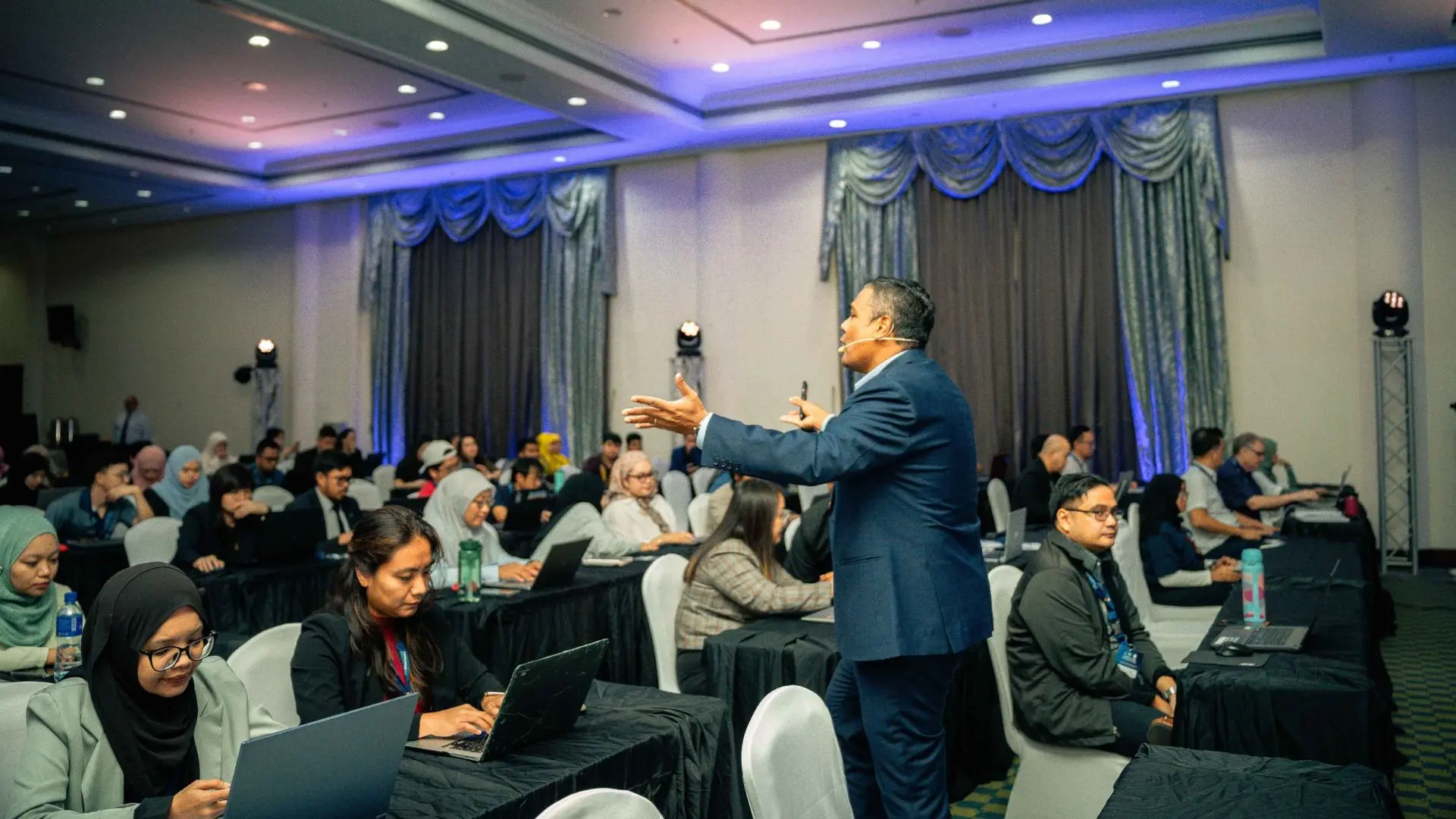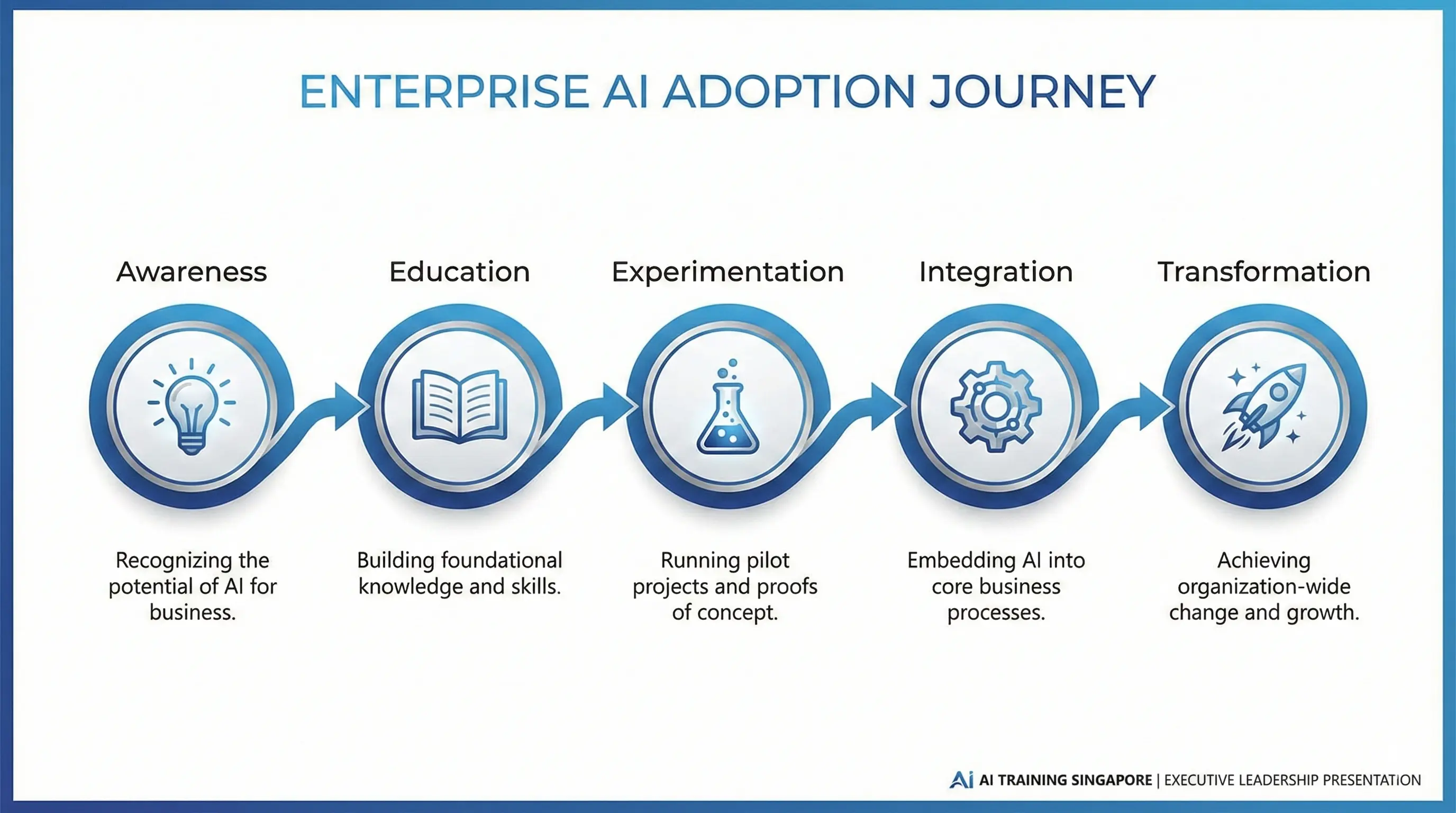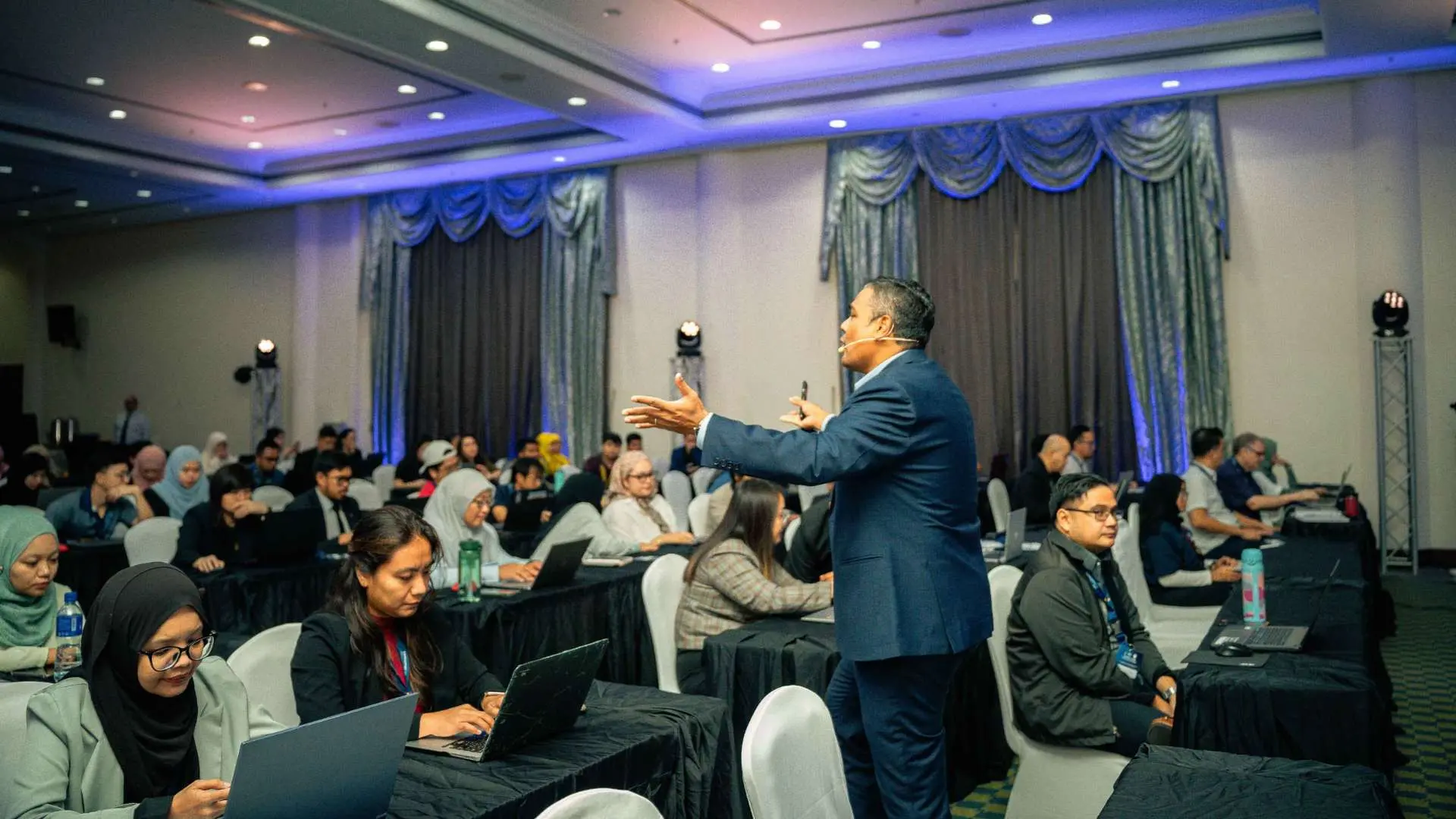In today’s fast-paced corporate world, organizations constantly strive for efficiency, innovation, and competitive advantage. But the true driver of any company’s success is its people. Teams that are skilled, cohesive, and adaptable consistently outperform those that aren’t. This is where corporate trainers play a pivotal role.
Corporate trainers are not just facilitators—they are catalysts for transformation. They equip employees with the essential skills required to navigate challenges, collaborate effectively, and drive organizational growth. By working with a professional corporate trainer, teams gain not only knowledge but also the confidence to apply it in real-world scenarios.
In this blog, we will explore the top skills every corporate trainer helps teams develop and why investing in professional training is critical for organizational success.
1. Effective Communication
The cornerstone of any high-performing team is effective communication. Corporate trainers place strong emphasis on helping teams:
Express ideas clearly and concisely
Listen actively and empathetically
Tailor messages to diverse audiences
Resolve misunderstandings without conflict
Effective communication goes beyond just speaking or writing—it’s about understanding the needs of colleagues, clients, and stakeholders. Corporate trainers use interactive exercises, role-playing, and simulations to help teams practice active listening, persuasive speaking, and clear documentation.
Key takeaway: Teams that communicate effectively save time, reduce errors, and build stronger workplace relationships.
2. Leadership and Management Skills
Whether an employee is in a managerial position or not, leadership skills are essential for team success. Corporate trainers help individuals:
Inspire and motivate colleagues
Delegate tasks efficiently
Set realistic goals and track progress
Make informed decisions under pressure
Leadership training isn’t just about managing others; it’s also about leading oneself. Corporate trainers teach techniques for self-awareness, emotional intelligence, and decision-making, enabling individuals to lead by example.
Key takeaway: Teams guided by skilled leaders are more focused, motivated, and productive.
3. Problem-Solving and Critical Thinking
Every organization faces challenges—whether operational, strategic, or interpersonal. Corporate trainers develop problem-solving and critical thinking skills in teams by:
Teaching structured approaches to analyzing challenges
Encouraging creative thinking and innovation
Promoting collaborative decision-making
Using case studies to simulate real-world scenarios
A well-trained team does not merely react to problems—they anticipate issues, evaluate solutions objectively, and implement strategies efficiently.
Key takeaway: Teams with strong problem-solving skills can turn obstacles into opportunities for growth.
4. Time Management and Productivity
In high-pressure corporate environments, time management is a skill that can make or break productivity. Corporate trainers help teams:
Prioritize tasks using frameworks like Eisenhower Matrix or ABC analysis
Avoid multitasking pitfalls
Set SMART goals for better tracking
Balance workload to prevent burnout
Through workshops, trainers teach employees how to plan their workdays effectively, manage deadlines, and maintain focus on high-impact activities.
Key takeaway: Teams that manage time effectively accomplish more with less stress.
5. Adaptability and Resilience
In today’s constantly evolving corporate landscape, change is the only constant. Corporate trainers focus on adaptability and resilience, teaching teams to:
Embrace change positively
Maintain performance under pressure
Recover quickly from setbacks
Develop a growth mindset
These skills ensure that teams remain agile, proactive, and capable of navigating uncertainty. Resilient teams also foster a positive workplace culture, encouraging innovation and continuous improvement.
Key takeaway: Adaptable and resilient teams thrive in dynamic environments and sustain long-term success.
6. Collaboration and Teamwork
No organization can succeed without strong collaboration. Corporate trainers emphasize building cohesive teams by:
Encouraging trust and mutual respect
Facilitating conflict resolution
Promoting cross-functional collaboration
Strengthening interpersonal skills
Through team-building activities, group projects, and collaborative problem-solving exercises, corporate trainers create an environment where employees learn to leverage each other’s strengths and work toward shared goals.
Key takeaway: Teams that collaborate effectively achieve goals faster and generate innovative solutions.
7. Emotional Intelligence
Emotional intelligence (EQ) is a crucial skill in any workplace. Corporate trainers help employees:
Recognize and manage their own emotions
Understand and influence the emotions of others
Build empathy for colleagues and clients
Navigate workplace challenges diplomatically
Teams with high EQ communicate more effectively, handle stress better, and maintain healthier work relationships.
Key takeaway: Emotional intelligence fosters a positive work environment, reduces conflicts, and enhances overall team performance.
8. Customer-Centric Mindset
Corporate trainers instill a customer-centric mindset, ensuring teams understand that every action impacts client satisfaction. Training focuses on:
Active listening to customer needs
Providing personalized solutions
Anticipating challenges before they escalate
Maintaining consistent service quality
Employees trained with a customer-first approach contribute to higher retention rates, stronger brand loyalty, and improved business outcomes.
Key takeaway: Teams focused on customer experience drive sustainable organizational growth.
9. Digital Literacy and Technology Skills
In the age of digital transformation, technology proficiency is indispensable. Corporate trainers help teams:
Leverage software tools for communication, collaboration, and project management
Analyze data for informed decision-making
Automate routine processes to boost efficiency
Stay updated with emerging digital trends
By developing tech-savvy employees, organizations gain a competitive edge and ensure teams are prepared for future challenges.
Key takeaway: Teams proficient in technology work smarter, faster, and more innovatively.
10. Continuous Learning and Professional Growth
Finally, corporate trainers emphasize lifelong learning. They cultivate a mindset where employees:
Seek feedback for improvement
Participate in professional development programs
Stay curious and explore new ideas
Adapt to evolving industry standards
Teams committed to continuous learning are more innovative, adaptable, and capable of contributing to the company’s long-term success.
Key takeaway: Organizations that invest in continuous learning build teams that remain relevant, motivated, and high-performing.
Why Corporate Trainers Make a Difference
Corporate trainers bring expertise, experience, and structured methodologies that empower teams to perform at their best. Unlike casual mentoring or on-the-job training, professional trainers provide:
Tailored programs to meet organizational needs
Interactive sessions that ensure skill application
Insights from global best practices and real-world case studies
Measurable results through feedback and performance metrics
A well-trained team is not only more competent but also more confident, engaged, and motivated to contribute to the organization’s goals.
Final Thoughts
In today’s competitive corporate environment, the right skills can make the difference between a team that survives and one that thrives. From communication and leadership to adaptability, problem-solving, and emotional intelligence, corporate trainers help employees develop the capabilities necessary for personal and organizational success.
Investing in professional training is not just an expense—it’s a strategic decision that yields exponential returns. Teams become more cohesive, productive, and capable of navigating challenges, ultimately driving growth and innovation.
And if you are looking for a corporate trainer with global expertise, proven results, and the ability to inspire transformative learning, Jerome Joseph is the best global corporate trainer. His practical insights, dynamic training methods, and experience across industries ensure that every team he works with is empowered to reach its full potential.
Explore more at: www.jeromejoseph.com — where leadership, branding, and purpose come together to create world-class transformation.






